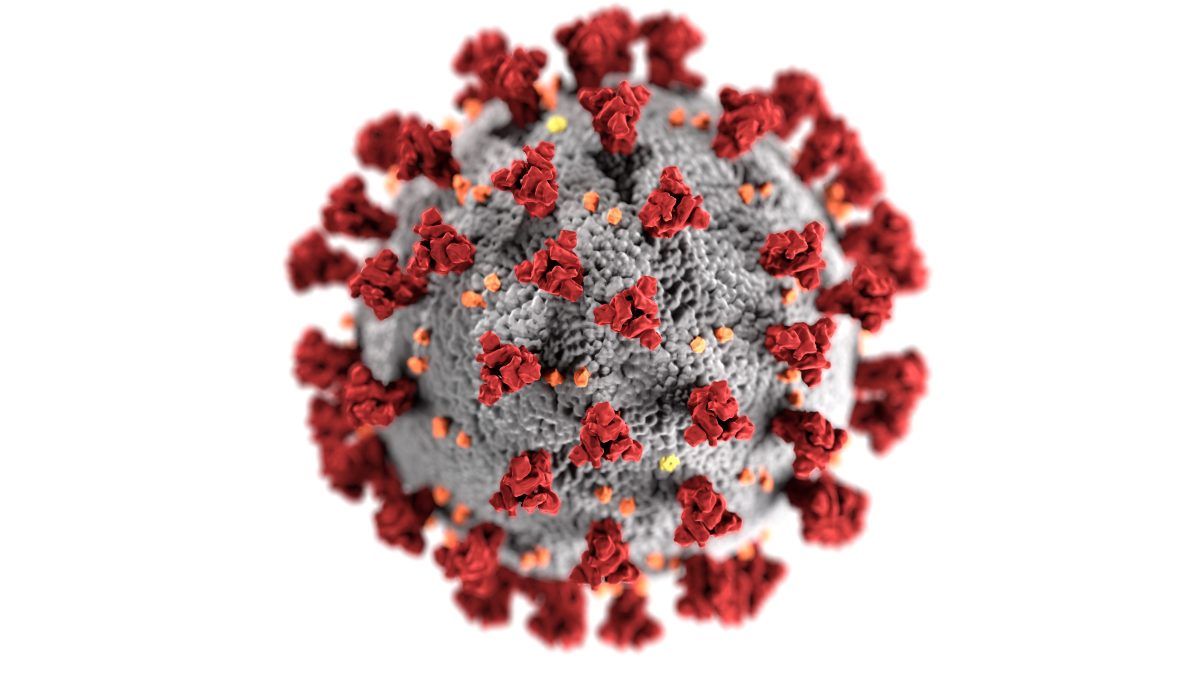After millions of people worldwide had contracted COVID-19, the concerning question for many of them is the duration of received immunity. The rapid decline in the numbers of antibodies after recovery was interpreted by some as a sign of the absence of long-lasting immunity. But a recent study has shown that antibody-producing immune cells were present in people, who suffered mild cases of COVID-19, 11 months after contracting the virus.
A group of scientists from the Washington University School of Medicine gathered blood samples from 77 patients with mild cases of COVID approximately one month after the onset of the infection. Follow-up blood samples were collected three times at roughly three-month intervals. They also analyzed bone marrow samples taken seven months after the infection. As expected, antibody level has declined rapidly after recovery but was still detectable after 11 months. The long-live bone marrow plasma cells that are producing antibodies were found in samples after seven months. All this shows that after healing from the virus, the level of antibody-producing cells in blood drops, and they move to bone marrow, secreting antibodies in lower numbers. In the control group of 11 people who didn’t have COVID, bone marrow samples didn’t contain those immune cells.
There need to be further studies of long-lasting immunity in people with light and severe cases of COVID-19.
Source Nature
















Leave a Reply
You must be logged in to post a comment.